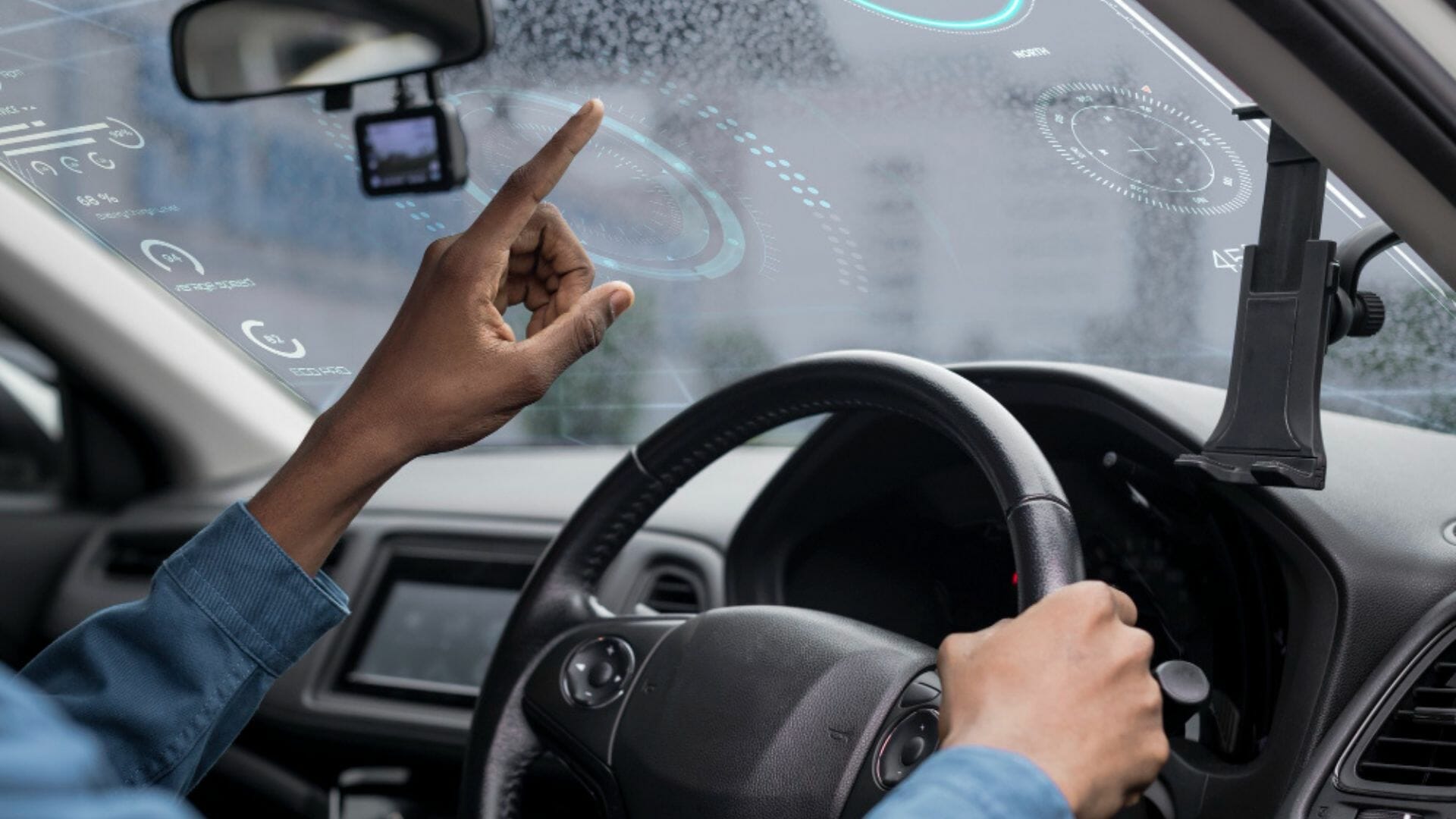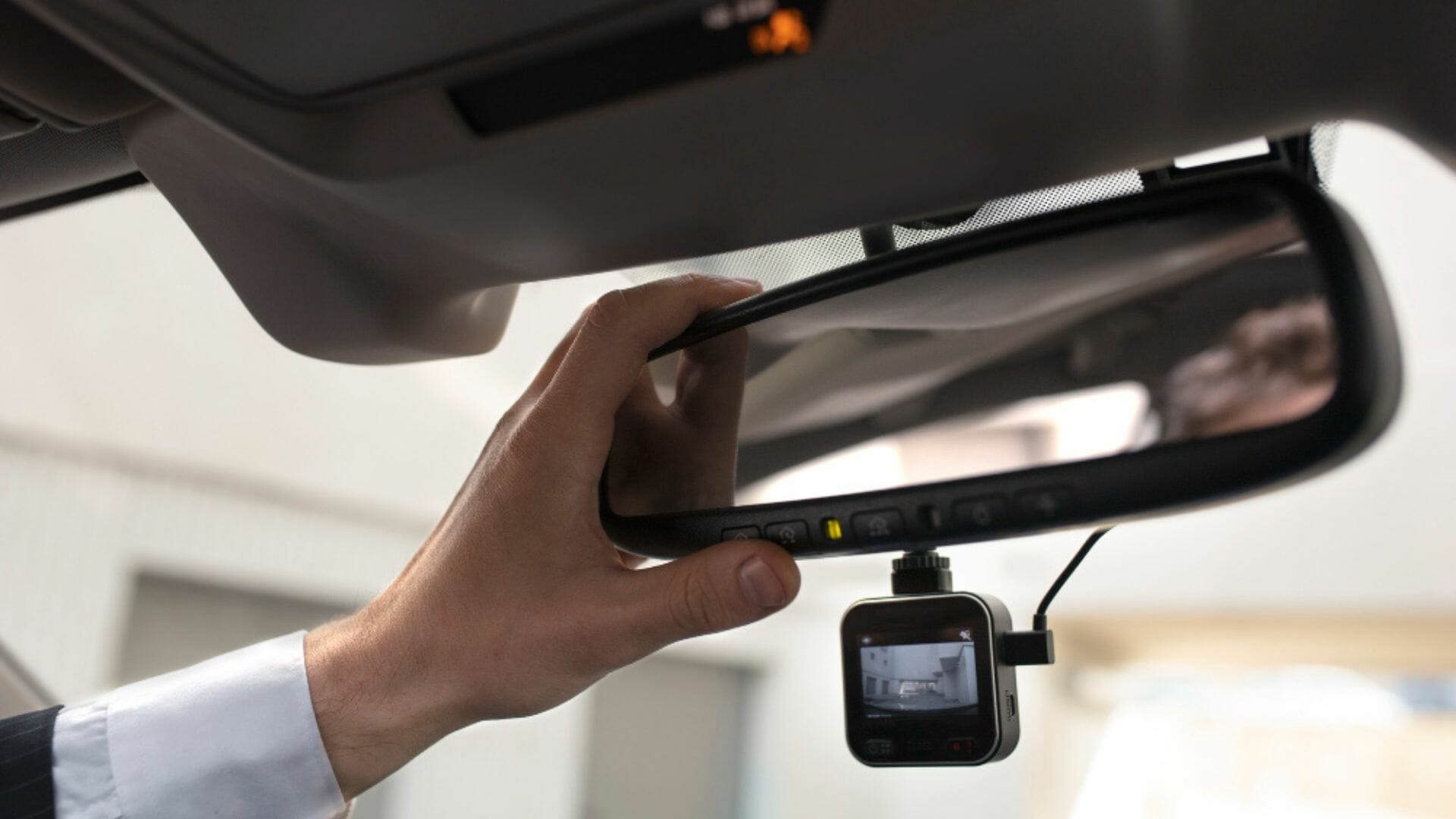Suppose that you’ve just suffered injuries in a car accident. Without reliable, impartial witnesses, an insurance adjuster, judge, or jury will decide your case based on your testimony and that of the other driver. Understand the dash cam laws Virginia to gather proof for your case. Your ability to recover compensation in this situation depends on your credibility. If the other driver’s story is more believable, you may end up with nothing.
This situation underscores the helpfulness of having another witness present whenever a car accident happens. But this is impractical — after all, you never know when a car accident will occur.
Even if you have a passenger with you during an accident, there’s no guarantee that your claim will be successful. A judge or jury might disregard the statements of a witness they feel are biased or unreliable.
The Dash Cam: The Objective Observer
Law enforcement agencies have been using dashboard-mounted cameras, or “dash cams,” in their patrol cruisers since the 1990s.
Many agencies have begun transitioning to body-worn cameras in recent times. The departments that use dash and body cams have found such devices to be inexpensive, unobtrusive, and capable of objectively and accurately capturing events.
For example, imagine that a police officer interacts with a civilian who later accuses the officer of misconduct.
In the past, the resolution of these accusations depended on the believability of the accuser and any supporting evidence they had available. Nowadays, it’s simply a matter of pulling up the officer’s body cam footage and determining what happened.
What’s the major advantage these cameras have over traditional witnesses? Unlike someone’s story, a camera’s footage won’t change over time. Cameras also have no biases. They simply record what happens, allowing those who review the footage to perform critical analysis and reach important conclusions.
Dash Cam Laws Virginia: Drivers Should Know

Like most other states, Virginia has no laws that specifically prohibit the use of these devices. Private motorists are free to purchase and install dash cameras in their vehicles. Similarly, businesses can use dash cams in their company vehicles. Some commercial carriers also employ them for fleets of semi-trucks.
That said, there are some “unofficial” dash cam laws Virginia motorists should be aware of. One is the state’s prohibition of any objects that might obstruct a driver’s view through the front windshield.
Regardless of the size or model of your dash cam, it can’t be used in such a way that it prevents you from seeing things directly in front of your vehicle. Moreover, your dash cam must not create blind spots in your forward field of vision.
While not specified in any concrete dash cam laws Virginia, the use of any device that causes you to lose control of your vehicle in any way may constitute reckless driving.
Advantages and Disadvantages of Dash Cams
There are no formal dash cam laws Virginia. As such, the choice of whether to use a dash cam in your vehicle is a personal one. This choice presents both advantages and disadvantages.
An Objective Witness to Events
When you use a dash cam, you have an objective and impartial witness to whatever happens on the road.
Accidents can occur quickly, and it’s easy for people to miss what transpires in the crucial seconds before a crash. As long as your camera is working properly and has enough storage space available, you won’t miss any details that could be crucial for gaining an understanding of how an accident took place.
Furthermore, when you store the footage properly, it will be available to you months or years after the event. You won’t need to worry about losing important evidence of the circumstances surrounding your crash to the passage of time.
One final advantage to dash cam footage is that judges, juries, and insurance adjusters all generally consider dash cam footage to be objective and reliable evidence. Because of this, if your dash cam footage clearly shows the other driver to be at fault, you can expect a quicker, more favorable settlement to your case.
The Limitations of Dash Cams
A dash cam’s impartiality is both a strength and a weakness. Just as it will document any negligent or reckless actions that others commit, it will also catch your own errors behind the wheel.
Dash cam footage, whether from your own vehicle or another, can make it easier for insurers and other drivers to deny your claim or refuse to settle it on your terms.
Additionally, a dash cam can only see and capture events where you point it.
These devices are great for capturing events that unfold in front of you. However, you would need separate cameras to record things that happen behind you and to the sides. Such an option is expensive and likely too impractical for most drivers to attempt.
The Verdict: Should You Use a Dash Cam in Virginia?
Because there are no dash cam laws Virginia on the books preventing you from using one of these devices while driving, it’s up to you to decide whether to install one. If you do so, keep the following tips in mind:
- Know how to use your camera, including how to store video footage and clear the memory
- Use your dash cam consistently since an accident can happen at any time
- Make backup copies of your footage, especially before turning it over to others
Lastly, and perhaps most importantly, treat dash cam footage like a written statement and speak with an experienced Virginia personal injury attorney before you share it with others.
Knowledgeable Car Accident Advocates for You
If you’ve been involved in a collision with a reckless driver, contact The Joel Bieber Firm right away. With or without dash cam footage, we can assist you in pursuing a compensation claim. Contact us today to request a consultation and get your claim started.
Interesting Reads:
What You Need to Know About Car Accident Delayed Shock Symptoms

